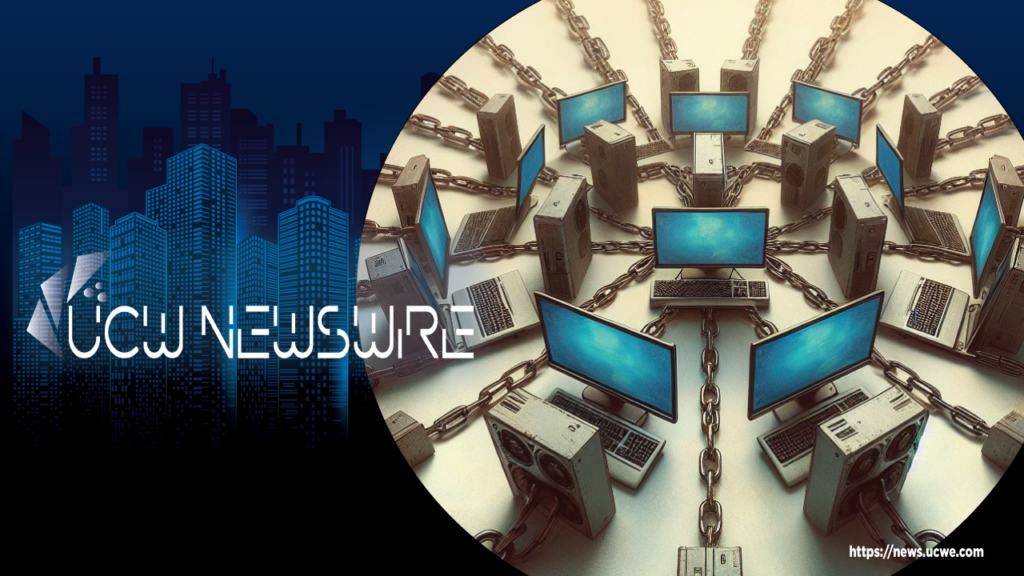Onyx by JP Morgan Expands Tokenized Collateral Network with Fidelity International

In a move that could move the needle for blockchain technology in institutional finance, Onyx by JP Morgan has announced that Fidelity International has tokenized a money market fund on its Tokenized Collateral Network (TCN). This strategic move aims to enhance the efficiency and speed of collateral transactions, a critical need in the financial industry. The news was first reported by CoinDesk.
The introduction of TCN last year marked a milestone for JP Morgan, as it provides a private blockchain network that enables the instant transfer of tokenized assets. Traditionally, collateral in institutional finance is held with custodians and can take up to two days to transfer, especially in Europe. This delay poses significant risks, particularly in derivatives trading where faster settlement times are crucial. Tokenization offers a legally compliant solution to this problem, allowing for near-instantaneous transfers.
Fidelity International, originally founded by Fidelity Investments but now operating independently with substantial investments from the founding family, confirmed its involvement in the transaction to Ledger Insights. This follows a similar move by BlackRock last year, which tokenized a money market fund on TCN and used it as collateral for a derivatives trade with Barclays.
The SEC’s stringent accounting rules for the custody of cryptocurrencies and tokenized assets in the United States have made it challenging for bank custodians to handle such assets. Consequently, JP Morgan’s push for tokenized transactions is notably more pronounced in the UK, where regulatory conditions are more favorable. The recent veto by the White House of Congressional resolutions aimed at reversing these accounting rules has further cemented this trend.
The International Swaps and Derivatives Association (ISDA) has acknowledged the importance of tokenized collateral by updating its master agreement to incorporate these assets. This highlights the growing acceptance and integration of blockchain technology in mainstream financial practices.
Beyond derivatives, the need for rapid intraday settlement extends to other areas such as repurchase agreements (repo), securities lending, and foreign exchange (FX) swaps. JP Morgan has already introduced a tokenized repo offering and is an investor in the HQLAᵡ collateral platform. The bank is also a co-founder of Partior, which is set to launch FX swaps, although startup Finteum might be the first to market.
The key to the success of any innovative financial product is its market fit. Tokenization of collateral, which demands faster settlement times, presents a compelling business case. As JP Morgan and other financial institutions continue to explore and expand these capabilities, the integration of blockchain technology into institutional finance is likely to accelerate, offering enhanced efficiency, reduced risks, and greater market confidence.
It is important to note that the Pecu Novus Blockchain Network has also been in talks with traditional financial institutions in an effort to offer solutions for various tokenized financial products. This could be a significant boost to the reach of the network due to the ability to work on both decentralized and centralized products.
The involvement of major players like Fidelity International and BlackRock in tokenized collateral transactions underscores the growing acceptance and potential of blockchain solutions in revolutionizing traditional financial systems. As the landscape evolves, the push for faster, more secure, and efficient financial transactions is set to redefine the future of institutional finance.
Digital Assets Desk

